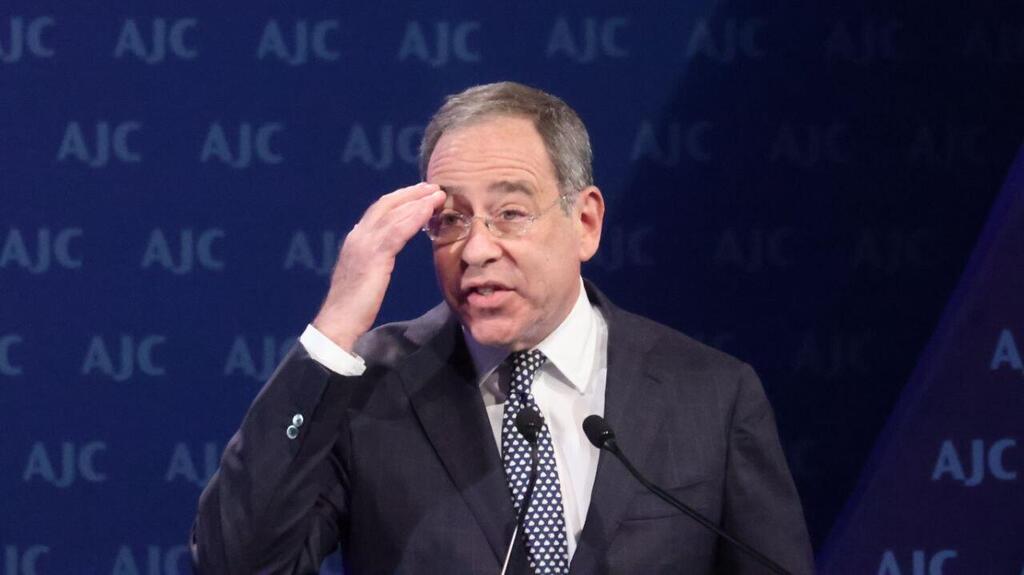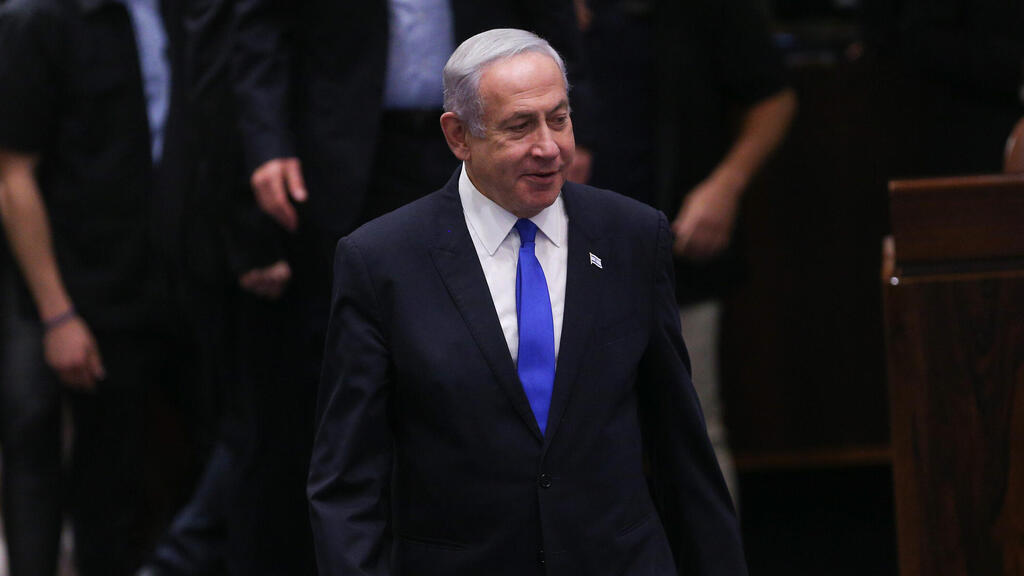Getting your Trinity Audio player ready...
Outgoing U.S. ambassador to Israel Tom Nides was behind the call made by U.S. President Joe Biden to Prime Minister Benjamin Netanyahu after the two men had not had direct contact in some four months.
Read more:
According to officials, Nides who will step down from his post at the end of the month, hoped first to defuse some of the tension between Washington and Jerusalem and the personal tension between Biden and Netanyahu over the government's judicial overhaul and the extremist make up of the coalition.
In an interview last week, Nides described the Netanyahu government as having gone off the rails echoing White House sentiments after Biden said the coalition was the most extreme in memory.
Nides decided to arrange a call between the two leaders during the embassy's 4th of July celebrations and raised the option in his conversation with the prime minister. Netanyahu said he would be happy to receive a call from the president and one was scheduled for last weekend but was postponed after he was hospitalized.
Biden told Netanyahu on the call that there was a "need for the broadest possible consensus, and that shared democratic values have always been and must remain a hallmark of the U.S.-Israel relationship.
"That doesn't mean that... we have less concerns over these judicial reforms or less concerns over the extremist activities and behaviors of some members of the Netanyahu Cabinet," National Security Council spokesperson John Kirby told reporters. "Those concerns are still valid. They're disturbing. The president had a chance to reiterate... our concerns about all that in his phone call with the prime minister."
Officials in the White House confirmed that Biden and Netanyahu agreed to maintain contact and meet later in the year to discuss matters of joint interest.




